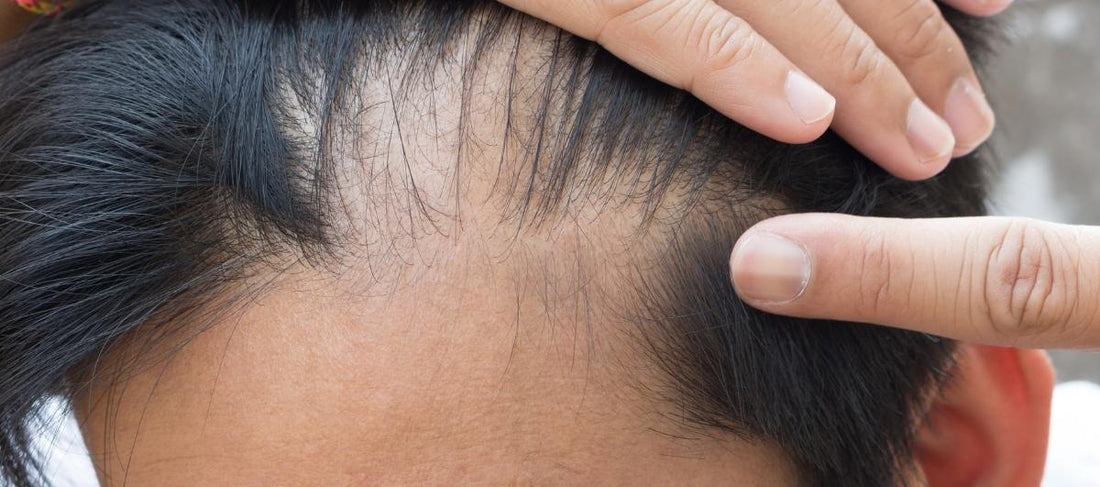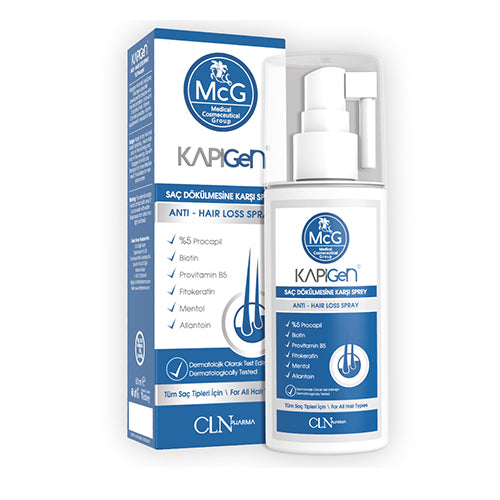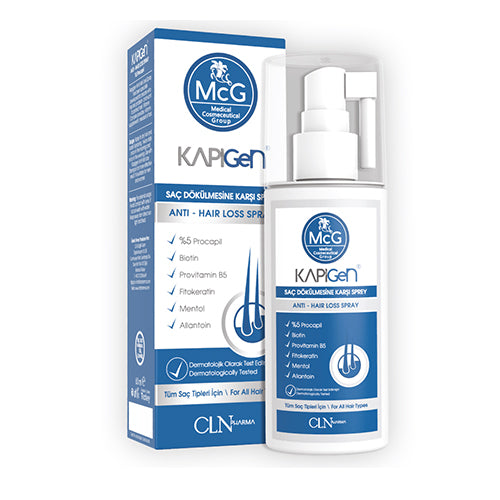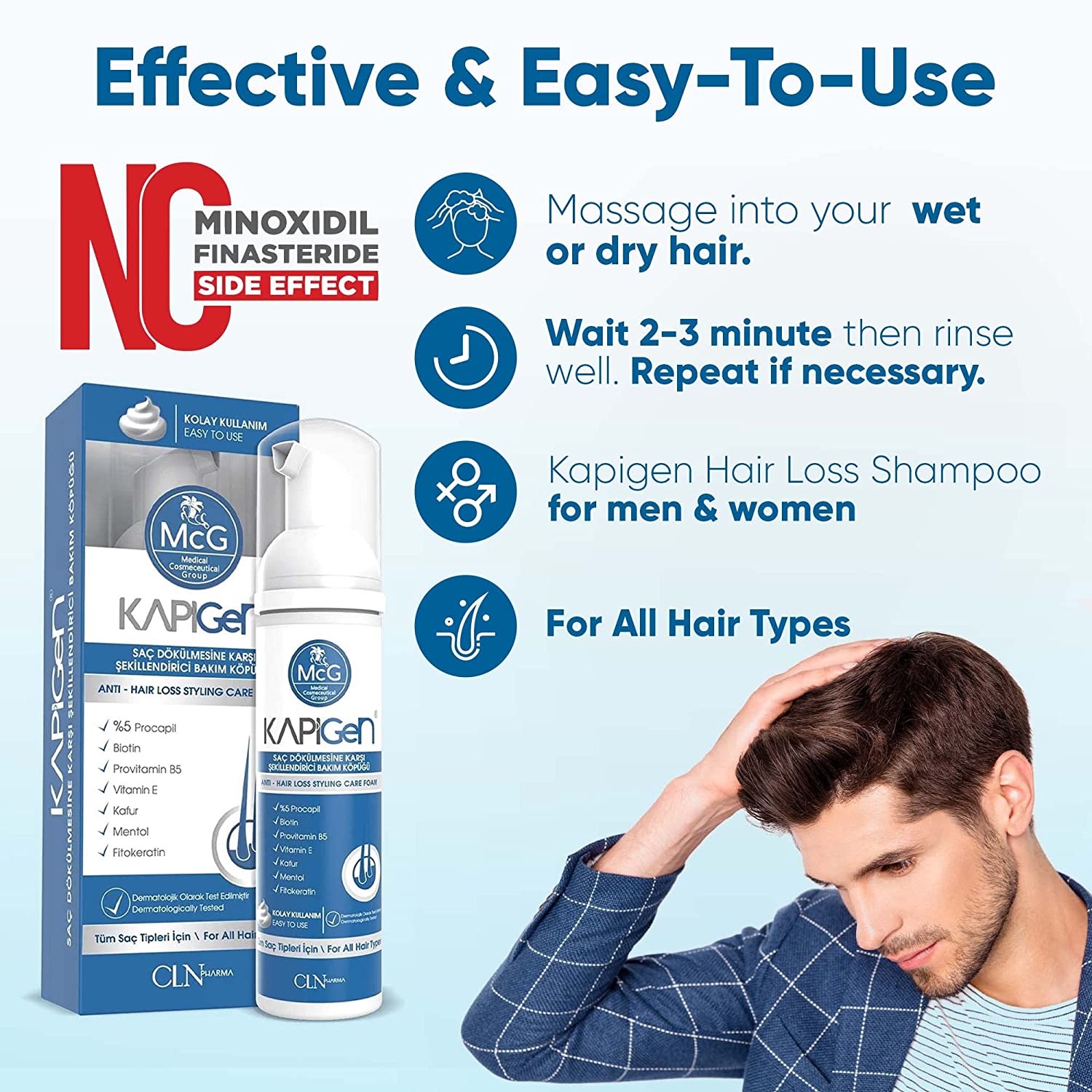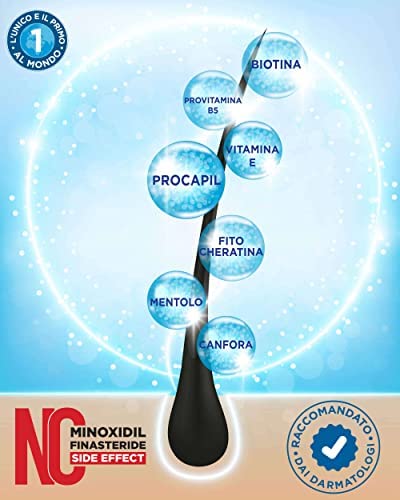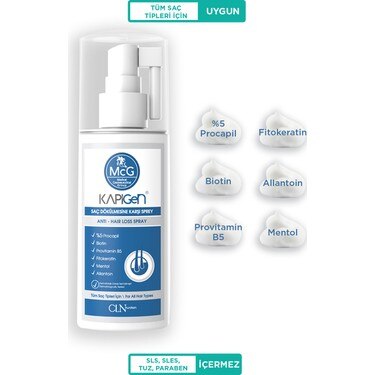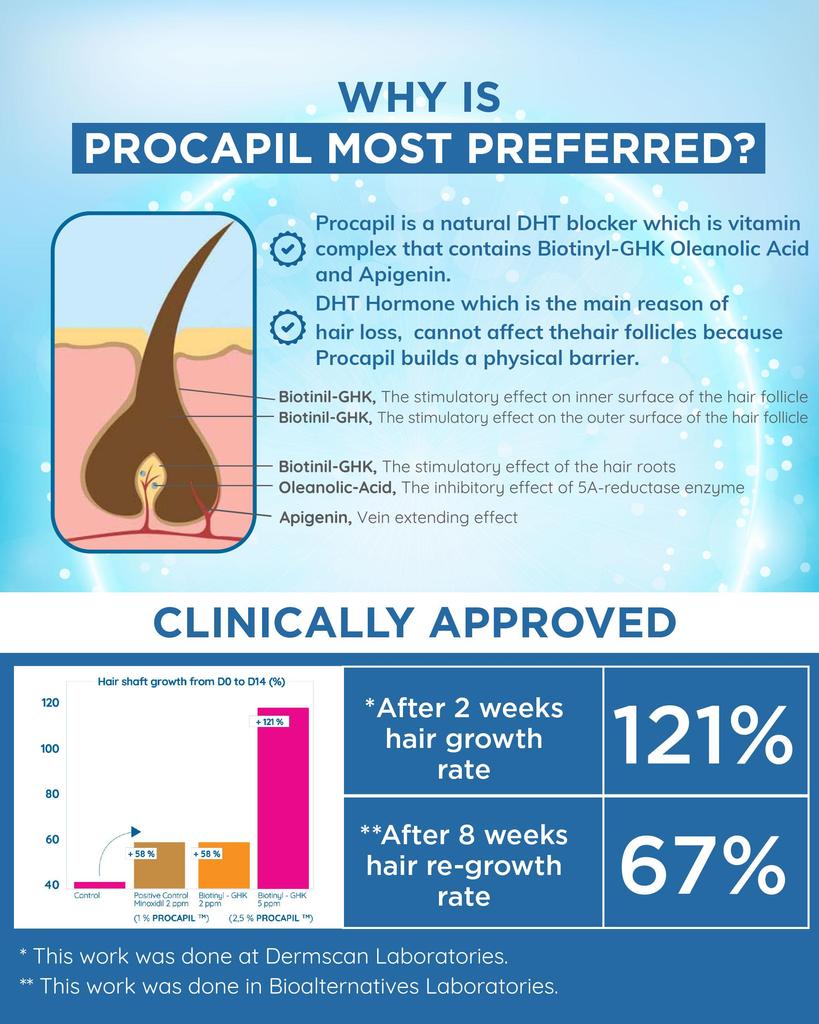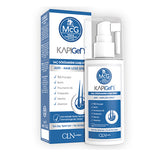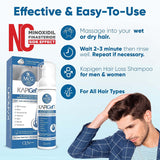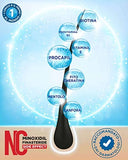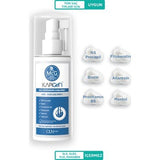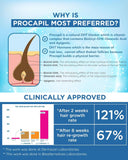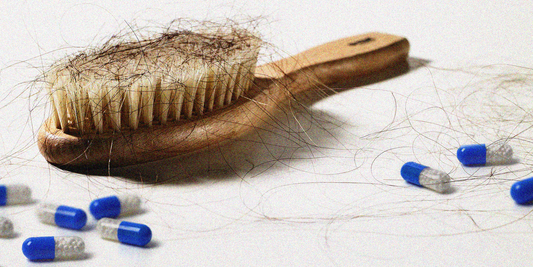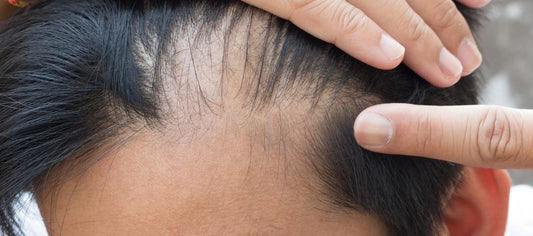Procapil, Minoxidil, Finasteride, or Biotin? Understanding the Key Ingredients for Hair Loss Prevention
Hair loss and baldness can be a distressing experience for many individuals, leading them to explore various treatment options, including hair transplantation. While following your doctor's instructions is crucial during and after the transplantation process, additional drugs can play a significant role in enhancing the outcomes. However, it's important to note that certain drugs should be used with caution or avoided altogether during the hair transplant treatment process, and the use of shampoo should be supervised by a dermatologist to minimize potential scars in the transplant area.
Among the wide range of medications available for post-transplantation care, Procapil, Minoxidil, Finasteride, and Biotin are recognized as some of the most important active ingredients for preventing hair loss. These ingredients offer unique benefits and are frequently recommended by dermatologists to support the treatment and strengthen hair follicles.
1. Procapil: A Natural Solution for Strong and Healthy Hair
Procapil has gained popularity in recent years due to its efficacy and lack of side effects. It is available in the form of a spray and comprises natural ingredients derived from citrus fruits and olive trees. Procapil not only strengthens hair roots but also prevents hair loss and promotes hair growth by up to 121%.
Additionally, Procapil facilitates cell communication and strengthens the bond between cells, countering the effects of dihydrotestosterone (DHT), a major cause of hair loss. By increasing blood flow to the scalp, Procapil nourishes the hair follicles, thickens brittle and thin hair, and fights against hair loss, resulting in strong, beautiful, and healthy hair.
2. Minoxidil (Rogaine): A Trusted Solution for Hair Growth
Minoxidil, commonly known as Rogaine, has demonstrated significant effects on hair growth and regeneration, particularly in the top of the head region. Many experts recommend using Minoxidil for a period of one year following hair transplantation. It is available in solution or foam form and can be easily applied at home.
To use Minoxidil, a few drops of the solution are applied to the affected area, and gentle massage ensures thorough absorption. There is no need to rinse afterward. It's important to note that Minoxidil can cause some expansion in the veins and should be used under the supervision of a healthcare professional, especially by individuals with high blood pressure. It may also lead to temporary itching and crusting. Discontinuing the use of Minoxidil can potentially result in hair loss recurring.
3. Biotin: The Beauty Vitamin for Hair Growth and Nail Health
Biotin, also known as vitamin B7, is a valuable food supplement recommended after hair transplantation. It offers various benefits, including promoting hair growth, supporting nail structure, and providing essential nutrition for healthy hair. Dermatologists often advise using Biotin for six months following the transplantation procedure.
Apart from supplements, natural hair care can be achieved through shampoos enriched with biotin and collagen. Biotin collagen shampoo is readily available and can contribute to the overall well-being of your hair.
4. Finasteride: A Solution for Androgenetic Alopecia
Finasteride is primarily used to treat androgenetic alopecia, commonly known as male pattern baldness. It has proven to be effective in many cases where hair loss and baldness occur due to an excess of dihydrotestosterone (DHT), a hormone derived from testosterone.
By reducing DHT levels, Finasteride promotes hair growth and prevents further hair loss. It is important to use Finasteride under the supervision of a physician to mitigate potential side effects. While Finasteride is generally safe, some individuals may experience temporary side effects such as decreased sexual desire, breast pain and enlargement, late growth of the beard, or frequent urination. It's essential to consult with a healthcare professional to determine the appropriate dosage and monitor any potential adverse reactions.
Choosing the Right Solution for You
When it comes to addressing hair loss and promoting hair growth, the choice between Procapil, Minoxidil, Finasteride, or Biotin depends on individual factors and preferences. Consulting with a dermatologist or hair transplant specialist can help you determine the most suitable option for your specific needs.
It's important to note that these active ingredients are typically used as complementary treatments to hair transplantation procedures. Following the advice of your healthcare provider and adhering to their recommended regimen is crucial for optimal results.
Remember that consistency and patience are key when it comes to hair restoration. Results may vary from person to person, and it takes time for the effects of these treatments to become evident. Combining these active ingredients with a healthy lifestyle, including a balanced diet and proper hair care practices, can further enhance their effectiveness.
In conclusion, Procapil, Minoxidil, Finasteride, and Biotin are valuable active ingredients that play significant roles in preventing hair loss and promoting hair growth. Each ingredient offers its unique benefits and should be used according to the recommendations of healthcare professionals. By understanding their effects and consulting with experts, you can make informed decisions to support your hair health journey.
Frequently Asked Questions
Q1: Can I use Procapil, Minoxidil, Finasteride, or Biotin without undergoing a hair transplantation procedure? A: Yes, these active ingredients can be used independently to address hair loss and promote hair growth. However, it's advisable to consult with a healthcare professional for personalized recommendations.
Q2: Are there any significant side effects associated with Procapil? A: Procapil is known for its minimal side effects compared to other hair loss treatments. However, it's always recommended to perform a patch test and consult with a dermatologist before regular use.
Q3: Can women use Finasteride for hair loss treatment? A: Finasteride is primarily prescribed for men. Women who are pregnant or planning to become pregnant should avoid using Finasteride due to potential risks to the developing fetus. Women experiencing hair loss should consult with a dermatologist to explore suitable treatment options.
Q4: How soon can I expect to see results from using Minoxidil? A: Results from Minoxidil can vary from person to person. While some individuals may experience visible improvements in hair growth within a few months, others may require more time. Consistent and long-term use is typically necessary to maintain the effects.
Q5: Can Biotin replace the need for other hair loss treatments? A: Biotin is a beneficial supplement for promoting hair growth and overall hair health. However, it is often used in conjunction with other treatments, such as Procapil, Minoxidil,







